Subtle Ways Your Autistic Child Is Being Bullied (That You Aren’t Aware Of)
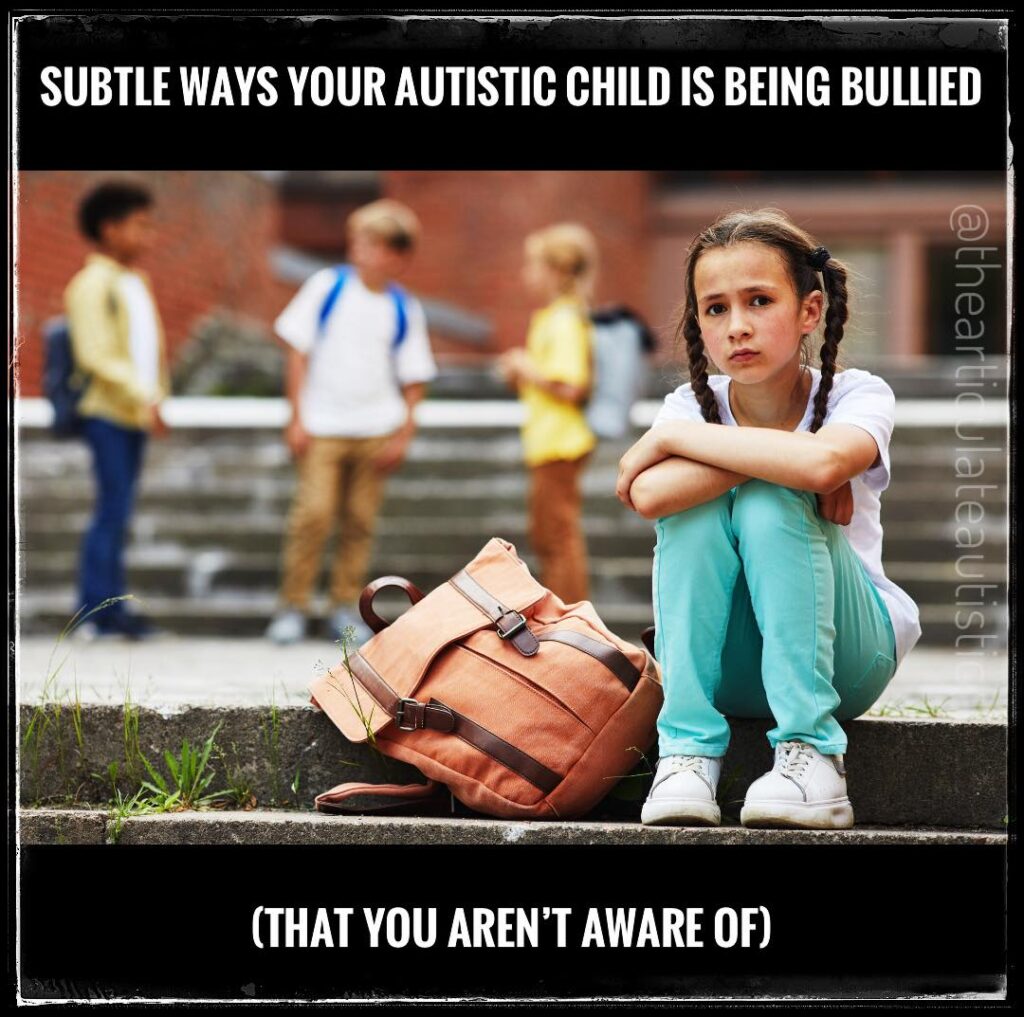
I ask discussion questions on my Instagram page to help autistic people connect with one another and validate their experiences. I also do it so neurotypical people who have autistic loved ones can better understand our perspective.
One of the questions I’ve asked is “As an autistic person, what are some subtle ways you experienced bullying that others didn’t seem to notice?” I wasn’t surprised when I received multiple in-depth comments from autistic adults who were bullied mercilessly as children only to have it go either completely unnoticed or dismissed by the adults in their lives. After all, I was one of those children.
Although I know there is more acceptance of different neurotypes in school than there was in the ‘80s and ‘90s when I walked its halls in a constant state of fear, autistic kids are still bullied today.
Missing the Signs Is Not Your Fault
I want to start by saying, if you’re a parent, and you don’t realize your child is being bullied, this doesn’t mean you’re doing something wrong. Bullies know how to hide what they’re doing in plain sight. They’re the problem. Unfortunately, it does fall to you (and their teachers and paraprofessionals) to protect your child from it.
And half the battle of protecting them is knowing what to look for (and passing that information on to your child’s education team).
A Bit of My Story
The bullying that I experienced growing up was chronic, excessive, and traumatic. It wasn’t just name-calling or being shoved on the playground. It was merciless, targeted, and purposeful, and, to make matters worse, teachers wouldn’t help me.
Not only that, but those same teachers would often directly ask me, “What do you DO that makes people HATE you so much?!” (The victim-blaming of a 12-year-old who resorted to staying after school playing Oregon Trail in the library so she could walk home safely still astounds me to this day.)
When teachers left my classroom, even for a minute, the wolves would descend. In addition to spitballs, gum in my hair, knocking my books over, kicking my chair, insults, swears, etc., I also had incidents both in and outside of school that still haunt me to this day.
- Yanked
One of the first times I remember another kid seriously hurting me on purpose at school was when I was about 8 years old. The teacher left the room, and I suddenly felt unbearable pressure and pain in my head as my thick, curly hair was grabbed in fistfuls by a girl much bigger than me, and I was yanked right out of my seat.
I screamed and tried to pull her hands away, but it was suddenly over–and I realized why; the teacher had walked back in. Perplexed, the teacher asked why I was screaming and crying, and I explained, but the girl who yanked me out of my chair by the hair denied it, and every other student immediately backed her up.
- Stoned
I believe this was the incident that made me start staying after school in the library for an hour every day to make sure the other kids had already gotten home and wouldn’t be lying in wait.
I was walking home, and two girls much bigger than me started verbally taunting me from a few yards back. I was 12, and I was already so over everyone’s crap at that point in my life that I whirled around and said something back.
Big, big mistake.
They got pissed off, grabbed large rocks and began throwing them at me with impressive and terrifying aim. I went into shutdown and dissociated for the rest of my walk home. The rocks kept hitting me in the head, the arms, the back–their jagged edges slicing my skin, the girls kept screaming at me, and when they got close enough, they grabbed my bookbag and yanked me around still attached to it, then they grabbed sand and threw it at me before spitting in my face.
Throughout all that, I didn’t scream, I didn’t cry, I didn’t even really say anything. I just focused with all my might on getting home alive. It wasn’t until my foot touched the curb surrounding my house that I started screaming, crying, and hyperventilating. I went into the shower and wouldn’t come out for an hour.
My grandmother (who was raising me at the time) went down to the school to try to advocate for me, but nothing was ever really done to those girls, and I still live with the emotional scars 30 years later.
- Booked
We were all sitting in my eighth-grade class waiting for the teacher to arrive when I suddenly felt an almighty THUNK on the back of my head. My vision swam, my ears rang, and my entire body lurched forward from the impact. When I was finally able to, I turned around, and a boy grinned at me from ear to ear. He’d taken a thick textbook and whacked me over the back of the head with it with every ounce of strength he had, and then he sat back down like nothing had happened. No words were exchanged before or after. There was no fight, no argument, no problem. He just did it. Quiet tears streamed down my face, but by that age, I had come to “know my place”, and I didn’t even bother to tell on him.
They Know You’re Autistic, Even When You Mask
I’m telling you these horror stories for a very specific reason. You remember how adults asked me what it was that I “did” to make people instantly hate me, and I called it victim-blaming? Well, it was. But, strangely, it was also a valid question, and I finally have an answer.
Neurotypical (non-autistic) people can sense, within seconds, that they are in the presence of an autistic person, and they immediately view them unfavorably. Science has proven this.
This means that neurotypical children, who haven’t yet learned how to regulate their emotions and operate largely on instinct, will often react to their autistic peers with not only mild dislike but deep loathing and disgust.
Something in the neurotypical child’s brain gives them an ‘uncanny valley’ feeling when they look at their autistic peers. This sets off their fight-or-flight response, and they react by either avoiding or attacking, (depending on their developing psychological profile).
I’m not saying all neurotypical children are bullies, what I am saying is that when a neurotypical child who already has a tendency towards being a bully encounters an autistic child, it sets off a primal instinct that causes that bullying to be much more severe, and these incidents often happen with little to no purposeful (or even accidental) provocation from the autistic child.
This is why education on neurodiversity at a very young age is paramount to building a more equitable world for autistic people and no amount of advocacy work will prevail without it.
Neurotypical children need to be educated about autistic behavior and communication before they even step foot into a classroom, and that education needs to be regularly refreshed to reduce that ‘uncanny valley’ feeling and allow children of all neurotypes to more easily connect and bond with one another in healthy, organic ways.
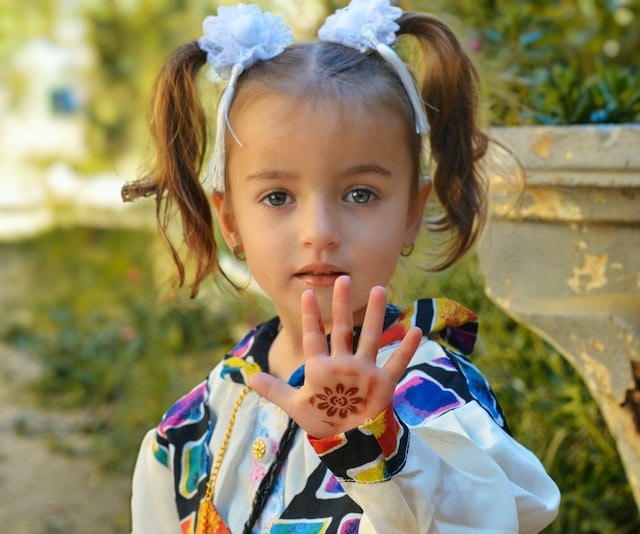
Subtle Ways Your Autistic Child Is Being Bullied
I know the type of bullying I went through was anything but subtle, but it was important for me to make my point about how violent bullying of autistic children can be compared to bullying of neurotypical children.
Here are some subtle ways your child may be being bullied at school:
- Whispering to provoke
Whispering to friends and sharing secrets is commonplace, and there’s nothing wrong with it. However, it becomes a problem when it’s used to provoke a specific person within earshot (without it being loud enough for an authority figure to hear).
For example, a bully could spend an entire class period whispering insults and slurs to your autistic child to get a reaction out of them, and when they finally have enough and turn around to defend themselves, the bully feigns innocence, and it’s your child who gets into trouble for their “sudden” outburst.
- Starting rumors that tarnish the target’s reputation
Kids are still learning what’s what in the world, and rumors, even outlandish ones, can take root and go viral all over the hallways and the internet. Neurotypical people, especially neurotypical children rely on social proof (a large group of people confirming the validity or accuracy of something) to form opinions about others.
Depending on their age, even if the rumor is something as ridiculous as little Shelley ate a frog at recess, bones and all, then it’s a “fact” that will stick with her for the entire school year and beyond. That’s just how rumors work, but they can be especially harmful to autistic children who don’t intuitively follow the rules of neurotypical social hierarchy.
I have a theory that when a rumor attaches itself to an autistic person, it is much, much harder for us to shake because we don’t socialize the same way neurotypical people do. Our continued “awkwardness” reaffirms whatever rumor (or rumors) have been spread about us, and instead of scabbing over (dying down), they leave the social equivalent of an open wound.
- Sarcasm meant to deceive
Sarcasm when exchanged by two people who understand its intent can be a fun way to be playful and bond. However, since autistic people tend to take things literally and may miss social cues hidden behind tone of voice, sarcastic comments intended to bully may be taken literally.
For example, a neurotypical child may say, “Hey, nice outfit” but with a sarcastic tone the autistic child doesn’t pick up on, and when the autistic child beams proudly and says, “Thank you”, this further agitates the neurotypical child because their attempt to pick on their target hasn’t worked.
The autistic child, for their part, is often unaware of the unspoken social “pecking order” that the neurotypical child is trying to put them at the bottom of by making fun of them.
Going forward, the neurotypical bully may escalate their harassment until it becomes undeniable in order to get the reaction they were originally hoping for with their more subtle insults.
- Exclusion
In my opinion, “no tolerance” school policies for bullying only make the more determined bullies better at hiding what they do. Since they know they can’t outright say something mean or get physically aggressive with their intended target, they’re civil to the kids they don’t like but completely exclude them from group activities such as lunch, recess, gym, field trips, etc.
- Pretending the target doesn’t exist
Another form of subtle bullying is when bullies simply pretend the target doesn’t exist. If the autistic child tries to talk to them, they’ll ignore them as though they are invisible, or they’ll talk loudly to each other saying things like, “Do you hear something? Hmmm, that’s weird. I thought I heard someone talking, but it’s just us here.”
This is isolating (not to mention confusing) for the autistic child who is trying their hardest to make friends and fit in.
- Picked last in gym class
Fun fact (maybe not-so-fun fact?): I hid in the bathroom stalls all through eighth-grade gym class, and the teacher felt so sorry for me, he still gave me a passing grade. Haha!
I have all the coordination of a drunk moose, so to say I was bad at gym would be an understatement. Kids just didn’t want me on their team, and for once, I agreed with them because I didn’t want to be there, either, but it was still isolating to be picked last every single time.
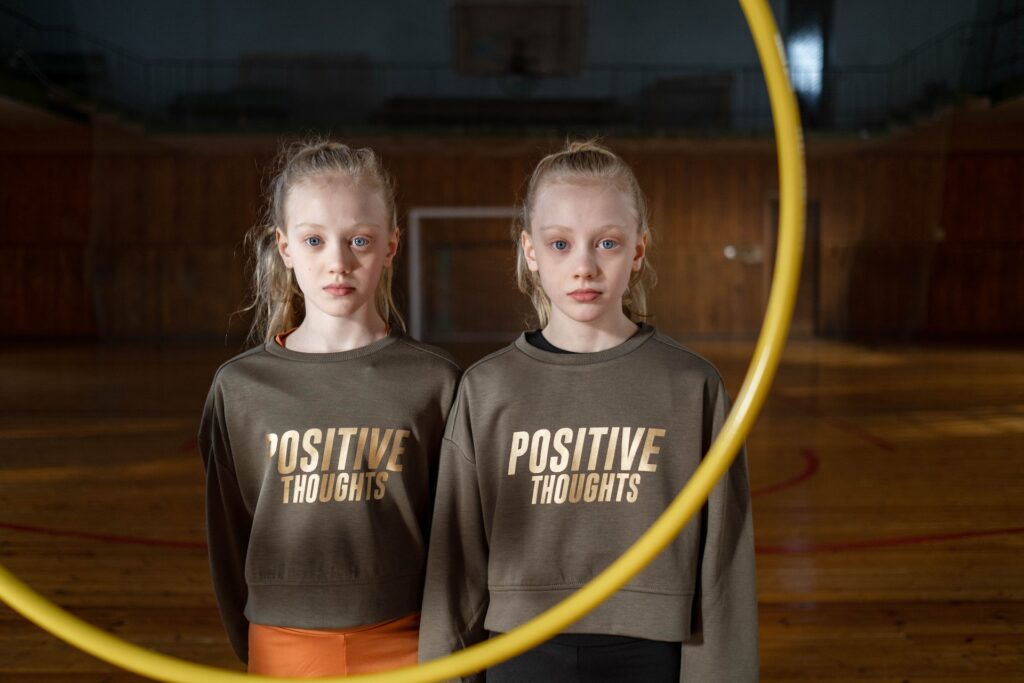
- Forced to partner with teachers
Speaking of being left alone, the number of times other kids refused to pair up with me leaving me no choice but to pair up with the teachers–who would inevitably ask, “What is it about you that makes people hate you so much??”–was embarrassing, to say the least.
The more I was forced to work with teachers, the more I was viewed as something ‘other’, and the more I was viewed as something ‘other’, the more I had to work with teachers.
It was a vicious cycle.
- Made to do all the work in group projects
Now, once kids figured out I could write well, they were all too happy to have me in their groups–if I did all the work. And, sadly, I did all the work because it was the only time they were nice to me, and I could enjoy a few moments of reprieve from being picked on while also feeling like I belonged.
If this is happening to your autistic child, it’s not just a subtle form of bullying, it also paves the way for them to be disrespected and taken advantage of as adults.
Social boundaries can be a very difficult concept for autistic people as we are naturally open and accepting of others, treat people equally, and take what is said to us at face value.
If we have a history of “paying” for friendships in childhood by, say, doing all the work in group projects, this pattern can easily continue into adulthood with us giving our money, time, and attention to people who regularly take advantage of our inability to see it.
- Luring by being “nice” and then playing pranks
I know most children are innocent by nature, but my innocence was that of a Disney princess compared to my peers, even when I was supposedly at an age where I should have been “old enough to know better”. This meant that the bullies knew they could continually lure me in by being fake nice to me until they got me into a situation where they could scare or embarrass me with a mean prank.
For them, it was probably harmless fun, but for me, it was confusing and painful betrayal.
- Tricking the target into doing embarrassing things
Similar to luring is tricking the target into doing embarrassing things.
Many autistic people, especially autistic children, take what is said to them literally. If a child who is at least civil to them most of the time suggests they do something because ‘everyone else is doing it, and it’s cool’ (even though nobody is, and it definitely isn’t), the child may do it in a desperate and experimental attempt to gain social capital.
It’s only when they do it, and the bullies in disguise fall down laughing that they realize their horrible error. And, to add insult to injury, they may also get in trouble with authority figures depending on what they did, and if they try to defend themselves by explaining that so-and-so told them to do it, they will usually be met with, “Well, you’re old enough to know better” or “You couldn’t possibly have thought they were serious!”
It’s demoralizing on multiple levels.
- Asking invasive questions
This one seems oddly specific to me, but it came up in my comments section, too, so I wanted to include it. When I was a kid, bullies would sometimes circle around me like vultures and ask me all sorts of invasive questions, one after the other, and I would just answer them all honestly. I didn’t understand at the time that those questions were inappropriate and that certain things were meant to be kept private. I was an open book, and it got me into a lot of trouble. (Not the bullies, though. Go figure.)
- Physical bullying disguised as “roughhousing”
I remember when I was shoved around on the playground for the first time that I told my dad about it, and, him being from the pull-yourself-up-by-your-bootstraps Boomer generation told me that it was normal and that all kids did that to each other. It’s how they played.
Even when I was really little, I knew there was never anything playful in what those kids were doing to me.
I felt like a lost lamb surrounded by laughing hyenas. It wasn’t “mutual fun”, I was a target; but kids knew they could get away with shoving or hitting me just a little too hard and then passing it off as just good, old-fashioned roughhousing–and me being just a little too sensitive.
- Texting and laughing
A group of kids texting and laughing to each other while pointedly looking over at their intended target is the modern version of passing notes in class. It’s a subtle form of bullying teachers often miss, but it can cause lasting emotional damage.
Autistic Children Can Be Bullies, Too
As we come to the close of this piece, I want to make a point to say that just as not all neurotypical children are bullies, all autistic children are not targets. Autistic children can be bullies, too. Usually, the reasoning behind that bullying is different than that of a neurotypical child, but it still happens, and it should also be acknowledged and prevented.
The Takeaway
Bullying has serious, far-reaching, and long-lasting emotional consequences for anyone who is forced to endure it, regardless of their neurotype.
No child should have to ever go through even a tenth of what I went through when I was younger–nor should they be mistreated right under the noses of the adults whose job it is to protect them.
Knowing the subtle signs of bullying while providing early education about neurodiversity can go a long way in helping today’s autistic children walk their school halls feeling safer, more understood, and more genuinely connected to their neurotypical peers than the generation before.
Sources:
https://www.ncbi.nlm.nih.gov/pmc/articles/PMC5286449/
https://phys.org/news/2022-06-kids-autism-spectrum-bullying-schools.html
https://med.uth.edu/psychiatry/2021/03/12/the-impact-of-bullying-on-mental-health/
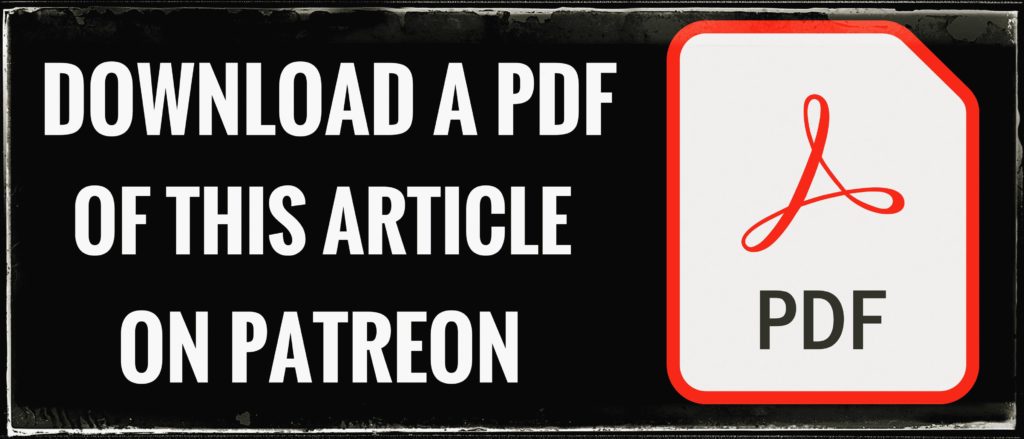


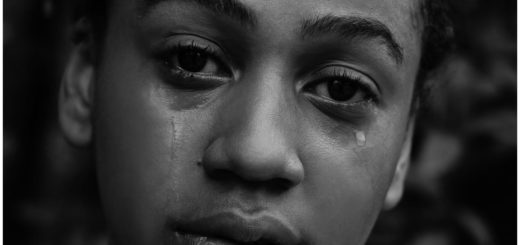
All of this is so true, and brought back vivid memories of my childhood in the 70s-early 80s! About being picked last for teams in gym, there were a few times when the two “team captains” doing the picking would argue with each other about which one HAD to take me! It was thought that if I was on the team, that I’d make my team lose!
That happened to me once and I was in tears about it. But worse was to be picked first by a team captain who was trying to lose.
I’m sorry to hear that happened to you.
I just wanted to say that I am so sorry that you went through all of that and had to be so alone with it all. Thank you for sharing your story,
I think what’s sometimes missed here is that due to stories about autistic people “acting up” or whatever, people hear or read, “autistic people can be bullies too” and assume that autistic people are going around bullying very normal neurotypical children. Nope, that rarely happens, and when it does, they’re probably punching up.
Usually, when it happens, they’re either bullying other autistic people, or other (non-autistic) people who’d get bullied anyway. Or they enact prejudice on people who look like bullies to them or remind them of their bullies, like the security guards who racially profile people or people who have phobias of dogs.
Your blog highlights the importance of recognizing subtle forms of bullying that may be affecting autistic children. It’s crucial for parents, caregivers, and educators to be aware of these signs and take action to support and protect these children. Thank you for raising awareness about this issue and providing valuable insights for creating a safer environment for autistic individuals.
I was in public school from 2005-2015 at a international baccalaureate “gifted and talented school.” I was extremely gullible and never took any micro (or macro) aggressions to heart. I was lucky. The kids I was with, for the most part, had parents that advocated for people like me. As an adult, however; I can say with certainty that my undiagnosed autism had a huge impact on how I processed the trauma that I experienced, but didn’t initially recognize. I was with the same group of kids from first grade until I graduated early (to get away from them and the control they eventually had over my life), and it was only after they never spoke to me again that I began to realize the trauma being at the mercy of other people built within me. I’m still processing and trying to work through this part of my life, but here we’re some early warning signs:
Being pantst in front of the whole class (underwear and all), but my reaction was so “dramatic” that I was punished.
Having things that I needed to function like my key chain and teething ring (I was in the 3rd grade, how did my mother not know???) taken away from me by peers and teachers.
Being excluded or screamed at for causing a distraction.
Games like “chase;” where you follow your “friends,” around all gym or recess but they keep their distance and look back at you and giggle.
Being convinced to bring items that weren’t to school (during the big emo craze I ended up bringing razor blades and getting in school detention- I absolutely did not understand ANY of it, I just knew by this point that I was emotional, too.
I also had kids tried to convince me to do thinks like pee onto something I was going to eat and I just wrote those kids off as abusive and tried to stay away.
Thank you so much for sharing all of this. I am so sorry you endured so much bullying and abuse. 🙁
Thanks for sharing this. In addition to pushing for more understanding of autism of neural typical children, are there ways parents can help autistic children deal with bullying? Usually we tell children to stand up to the the bully, is that a good strategy for autistic children? What are your thoughts on enrolling them in self defense lessons so that they learn to stand up for themselves, physically if needed? Thanks!
This can be tricky to navigate. I actually do believe in self-defense classes. The only reason I couldn’t do them was because I am also dyspraxic, so my coordination and inability to sequence steps never allowed me to do that, but I do think it helps with confidence and being able to defend oneself in an emergency. I think standing up to a bully can work fine for some autistic children, but it may cause even more problems for other autistic children depending on how they stand up for themselves. Autistic children are automatically put on the lowest rung of the social ladder, so when they do defend themselves, it may only make the neurotypical children who see themselves as above them in the social hierarchy even angrier for them not “knowing their place” and may significantly escalate the bullying. It’s very delicate. There’s so much nuance to bullying and the social hierarchy. I’m sorry I can’t be of more help in this.
Seems to ring true in my experience. This bullying has a detrimental affect as you are always in flight of fight mode not knowing when the next random attack will come or where from. The issue does not go away after childhood.
While this article focuses on children, I feel/experience the same issues in a professional work environment on a daily basis. It doesn’t go away, it just changes shape and form. Of course, I think as adults we (generally) handle them better, but, the problems persist. And while we may improve our response (masking) to them, it still happens, and the “bullies” often still win. They are playing on a different team, my friends. And we aren’t invited.
1вин сайт официальный – ставки 1win, 1 win регистрация
Since i was younger i could never tell when someone was sarcastic, i was also often flirted with by guys much older than me and when i found out that that’s what they were doing it scared me as i aways saw the good in people and instantly forgive people who hurt me. As to the sarcasm, i am slowly getting better with that. As for the guys flirting with me, i am unaware that guys are flirting with me and i am 22 and i am autistic and have adhd. I also have a neuro-spicy brain (my mom calls me neuro spicy)